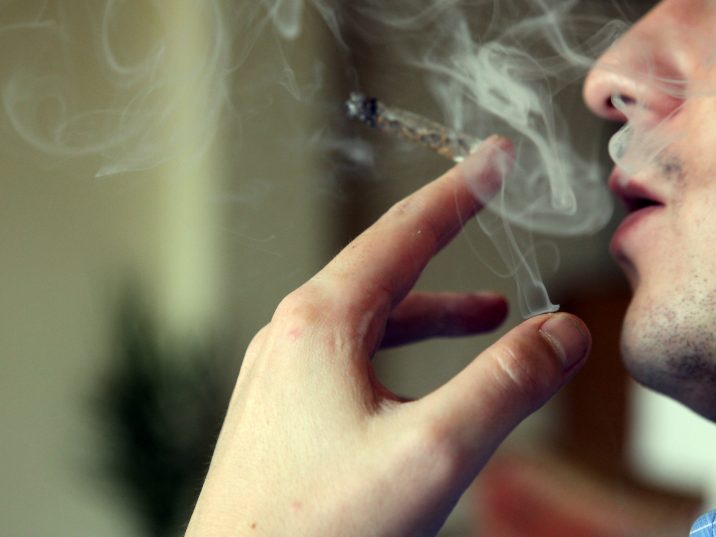You are here
Home 🌿 Recreational Marijuana News 🌿 People reported smelling pot more than tobacco smoke in apartments and condos, UofT study finds 🌿People reported smelling pot more than tobacco smoke in apartments and condos, UofT study finds

Cannabis legalization is bringing plenty of good news to Canada, but a new study by the University of Toronto suggests the downsides may also be on the rise.
The study, based on a telephone survey conducted last year by the Centre for Addiction and Mental Health, reveals that people reported exposure to cannabis smoke more frequently than that of tobacco in apartments and condos. Crunching the data, researchers suggest about 827,000 people detected cannabis smoke in hallways, other units or other places in the building compared to 728,000 who noticed cigarette smoke.
The findings are important as regulators try to determine whether cannabis should be banned from public consumption, like alcohol, or from restricted from use in indoor public spaces or the entryway to buildings, like tobacco.
“I was surprised there were more reports of cannabis than tobacco,” said co-author Michael Chaiton, an associate professor in the Dalla Lana School of Public Health. “We’ve known anecdotally there had been increasing calls and complaints about cannabis smoke, but we hadn’t been able to quantify it until now.”
He added it is possible cannabis detection was even underreported given those who noticed it tended to be users of the drug themselves. This raises the possibility that non-users might not have recognized the odour when they encountered it.
The study also found that people of lower-income, who are more likely to dwell in multi-unit buildings, are at higher risk of exposure to second-hand smoke and any potential side effects of the habits of others.
The researchers cautioned that more study was required to determine if cannabis smoke travelled through ventilation systems and open spaces in the same way tobacco smoke does. They also want to see if legalization has caused a corresponding rise in reported exposure.
“If there are more people smoking cannabis or smoking more freely, indoor use in buildings may increase,” Chaiton said. “But, on the other hand, people may be more willing to go outside, lessening second-hand exposure indoors.
“As well, people may be less likely to report it to surveyors because it’s legal — or they may be more likely to complain if they have less fear of repercussions.”
420 Intel is Your Source for Marijuana News
420 Intel Canada is your leading news source for the Canadian cannabis industry. Get the latest updates on Canadian cannabis stocks and developments on how Canada continues to be a major player in the worldwide recreational and medical cannabis industry.
420 Intel Canada is the Canadian Industry news outlet that will keep you updated on how these Canadian developments in recreational and medical marijuana will impact the country and the world. Our commitment is to bring you the most important cannabis news stories from across Canada every day of the week.
Marijuana industry news is a constant endeavor with new developments each day. For marijuana news across the True North, 420 Intel Canada promises to bring you quality, Canadian, cannabis industry news.
You can get 420 Intel news delivered directly to your inbox by signing up for our daily marijuana news, ensuring you’re always kept up to date on the ever-changing cannabis industry. To stay even better informed about marijuana legalization news follow us on Twitter, Facebook and LinkedIn.




